Code
HCS27388
Weight
1.811 Kg / 3.99 lbs
Size
Height
21cm (8") Width
15cm (6") Depth
8cm (3") Material
Copper Gold Plated
Availability
Available

Safe Payment
We accept Paypal, Money Transfer, Bank Transfer
Confidence
Protection covers your purchase and personal data.
Worldwide Delivery
We ship Worldwide, except Russia.Shipping cost US$25.2 for upto 0.5 kgs

Hotline
Talk to help line for your question on 9841267335Gold Painted Face
The face of Buddhist Statue Of [vajrakilaya - Dorje Phurba], With Full Gold Plated And Painted Face is painted with gold to enhance its significant features, particularly the eyes, and lips. This detailed painting is essential as it brings forth the crucial attributes of the expression of eyes and lips that metal carving alone cannot capture.
Moreover, the painted face serves as a symbolic and sacred ritual in Buddhism, preparing the statue for consecration and practice. The act of painting the face with gold in Buddhism holds deep meaning. It represents the intention to bring life and expression to the statue, imbuing it with a sense of vitality and presence. The application of gold on the face showcases the devotion and craftsmanship of the artisans, ensuring that every detail is carefully attended to honor the sacred essence of the Buddhist Statue Of [vajrakilaya - Dorje Phurba], With Full Gold Plated And Painted Face. Read More . . .
The face of Buddhist Statue Of [vajrakilaya - Dorje Phurba], With Full Gold Plated And Painted Face is painted with gold to enhance its significant features, particularly the eyes, and lips. This detailed painting is essential as it brings forth the crucial attributes of the expression of eyes and lips that metal carving alone cannot capture.
Moreover, the painted face serves as a symbolic and sacred ritual in Buddhism, preparing the statue for consecration and practice. The act of painting the face with gold in Buddhism holds deep meaning. It represents the intention to bring life and expression to the statue, imbuing it with a sense of vitality and presence. The application of gold on the face showcases the devotion and craftsmanship of the artisans, ensuring that every detail is carefully attended to honor the sacred essence of the Buddhist Statue Of [vajrakilaya - Dorje Phurba], With Full Gold Plated And Painted Face. Read More . . .
About Elector Gold Plating
The Buddhist Statue Of [vajrakilaya - Dorje Phurba], With Full Gold Plated And Painted Face has been crafted using the ceramic mold casting process, a modern approach that provides an alternative to traditional methods such as the lost-wax system or rubber molding. Also referred to as ceramic molding, this technique involves the creation of a ceramic mold to cast the statue. The process begins by making a precise and detailed wax model of the desired sculpture. The wax model is then coated with layers of ceramic material, creating a sturdy mold. Once the mold is complete, it is fired in a kiln, causing the wax to melt and escape, leaving behind a cavity that perfectly replicates the original sculpture. Molten metal is then poured into the mold, allowing it to fill the cavity and take on the desired form. Once cooled and solidified, the ceramic mold is carefully broken away, revealing the final metal statue. Read More . . .
The Buddhist Statue Of [vajrakilaya - Dorje Phurba], With Full Gold Plated And Painted Face has been crafted using the ceramic mold casting process, a modern approach that provides an alternative to traditional methods such as the lost-wax system or rubber molding. Also referred to as ceramic molding, this technique involves the creation of a ceramic mold to cast the statue. The process begins by making a precise and detailed wax model of the desired sculpture. The wax model is then coated with layers of ceramic material, creating a sturdy mold. Once the mold is complete, it is fired in a kiln, causing the wax to melt and escape, leaving behind a cavity that perfectly replicates the original sculpture. Molten metal is then poured into the mold, allowing it to fill the cavity and take on the desired form. Once cooled and solidified, the ceramic mold is carefully broken away, revealing the final metal statue. Read More . . .
Lost-Wax System
This Vajrakilaya of Buddhist Statue Of [vajrakilaya - Dorje Phurba], With Full Gold Plated And Painted Face is made by the process of the Lost Wax system. This is a very complicated, time consuming and historic process of making metal sculptures.Which is why it is sometimes called Precision Casting as well. Hence the sculptures made by this process are comparatively expensive. There are many new, advanced and less time consuming methods of casting metal sculptures available as well. But due to the benefits provided by the traditional lost wax system in quality control and customization, we prefer the Loss wax system over Ceramic molding, or sand casting to make our Vajrakilaya.
Below we have tried to illustrate the process of making a loss wax system statue: Read More . . .
This Vajrakilaya of Buddhist Statue Of [vajrakilaya - Dorje Phurba], With Full Gold Plated And Painted Face is made by the process of the Lost Wax system. This is a very complicated, time consuming and historic process of making metal sculptures.Which is why it is sometimes called Precision Casting as well. Hence the sculptures made by this process are comparatively expensive. There are many new, advanced and less time consuming methods of casting metal sculptures available as well. But due to the benefits provided by the traditional lost wax system in quality control and customization, we prefer the Loss wax system over Ceramic molding, or sand casting to make our Vajrakilaya.
Below we have tried to illustrate the process of making a loss wax system statue: Read More . . .
Brief Introduction :
Vajrakila is a powerful personification of the diamond-tipped peg [Skt. Kila] symbolizing the power of 'one-pointed concentration [Skt. Ekagrapha] which transfixes negative energies that obscure spiritual truth & awakening. Concerted mindfulness on the interdependence & ultimate unity of all principles [Skt. Dharmas], which govern the inner & outer worlds. By subduing delusions & negativities that arise as obstacles during spiritual awakening [dharma practice] he purifies spiritual journeys which lead to enlightenment.
Iconography :The image of Vajrakila is usually the first introduction to a wrathful tantric deity. Importantly the 'wrath' is always deemed to be benevolent. The principle is that by concentrating on activities such as drinking a cup of coffee or meeting somebody we can direct personal energy by consciously applying our thoughts or feelings so affecting the way we are & condition the place we temporally occupy. The effect of concentration is that we begin to channel our energy toward something which is considered the prime tool of transformation. The principle here is that through reflection we can generate conditions, circumstances & energy around us through determined concentration. The usual three phases of reflection are concentration, meditation & contemplation considered absolutely vital to both Buddhists & Hindus. However simple the idea of applied concentration maybe the symbolism of Vajrakila is highly complex as are all wrathful manifestations.
He is a wrathful yidam deity presented in yab-yum embracing his consort Diptachakra. Vajrakila is painted dark blue with four legs, six arms, three faces. His two principal hands clasp a VajrakilayaKila. The Sanskrit word Vajrakila [Tib. Vajrakilaya] is a composite of the words Vajra here meaning diamond & Kila [Tib. Phurpa] meaning peg or short stake. The blade of the peg is a blue three-sided diamond crystal which symbolically used to free humans from the Principle Three Negative Energies [greed, hatred & delusion] by binding & then transmuting each into the three wisdom energies of love, compassion & understanding. The diamond represents incorruptibility & strength over another form. The Kila is a symbolic spiritual object rather than a weapon. The pommel of the Kila is a five-pronged vajra with each prong representing one of the five Transcendent Buddhas & the energy of lightning. Wooden Kila is favoured by shamans for healing & energetic work are often carved with the three faces of Vajrakila being one joyful, one peaceful & one wrathful. The Tibetan word for Vajra is Dorje.
Vajrakila's two top left hands both hold Vajra sceptres. The upper nine pronged [often open pronged] sceptre signifies his wrathful aspect, the smaller lower sceptre his peaceful nature. Vajrakila's top right hand is in threatening Tarjani hand gesture [Skt. mudra] with the index finger raised releasing a blaze of wisdom fire. His middle right-hand brandishes a trident [Skt. trisula] with three severed & impaled heads in deteriorating stages of decay. [The top having become a skull]. The blue head represents hatred, the redhead greed & the white skull the overriding cause of human suffering, delusion. His middle right-hand brandishes a small khartvanga trident. The staff is traditionally made of red sandalwood. The flame issuing from the middle prong [wisdom fire] symbolises the transmutation of the three principal causes of suffering into enlightened awareness. The white silk scarf depicts a funeral shroud that represents victory over the power of suffering death. He has two outstretched Garuda wings which represent his supremacy over the primordial underlying energy of the earth and her water. This subterranean energy is represented by naga serpents which the Garuda is held to have authority over. His association with primordial energy is also depicted in his horse neck, face whiskers, symbolic mane & similarity to Garuda-winged deity Hayagriva.
Diptachakra cusps a skullcap [Skt. kapala] with her left arm held upwards offering the uterine blood & entrails to Vajrakila. Together they represent the power of regeneration & renewal. She stands with her right leg extended & her left leg wrapped around Vajrakila's waist. She wears the five bone ornaments, a necklace of fifty dry skulls, and a leopard-skin dhoti [loincloth]. The skull necklace [Skt. Kapalamala] represents the female principle of emptiness & the ultimate emptiness of all phenomena. Unlike severed heads, skulls are strung with human hair. Her right arm is around Vajrakila's neck & her association with the blue lotus [Skt. Utpala] is found on Vajrakila's headpiece where there are three blue flowers. Vajrakila is draped with two flayed skins represent his power over the two sources of cyclical existence. The human skin represents his power over greed and the elephant skin his power over delusion. His consort wears the tiger skin representing her power over the third of the three original causes of suffering being hatred.
The necklace of severed heads [Skt. mundamala] strung with intestines is the male principle representing the physical world of form. The intestines [Skt. antra] represent the transitory & illusory nature of phenomena. Foodstuffs in the intestines are transformed into excrement and although nutrition is gained the iconography here alludes to the understanding of transition. The Yab-yum deities trample the bodies of Rudra & his consort Khrodhishvari, who lie prone upon a sun disc. His three faces painted white, blue & red symbolise Vajrakila's destruction of the Three Primary Poisons [greed, hatred & delusion]. His twisted earrings, bracelets anklets are rendered from serpents [Skt. nagas] & with the green stoles symbolise them. The wooden horseshoe object around his neck is a sorcerer's gong [Skt. Ghandi] made of white sandalwood & traditionally supported on the shoulder. The sound of this magical gong is reputed to terrify the Maras. The blue-flowered pattern between the end gold bosses symbolise gateways that conceal all the Vedic Gods & the Asuras with the power & energy which Vajrakila wields.
Commentary :He is a wrathful yidam deity presented in yab-yum embracing his consort Diptachakra. Vajrakila is painted dark blue with four legs, six arms, three faces. His two principal hands clasp a VajrakilayaKila. The Sanskrit word Vajrakila [Tib. Vajrakilaya] is a composite of the words Vajra here meaning diamond & Kila [Tib. Phurpa] meaning peg or short stake. The blade of the peg is a blue three-sided diamond crystal which symbolically used to free humans from the Principle Three Negative Energies [greed, hatred & delusion] by binding & then transmuting each into the three wisdom energies of love, compassion & understanding. The diamond represents incorruptibility & strength over another form. The Kila is a symbolic spiritual object rather than a weapon. The pommel of the Kila is a five-pronged vajra with each prong representing one of the five Transcendent Buddhas & the energy of lightning. Wooden Kila is favoured by shamans for healing & energetic work are often carved with the three faces of Vajrakila being one joyful, one peaceful & one wrathful. The Tibetan word for Vajra is Dorje.
Vajrakila's two top left hands both hold Vajra sceptres. The upper nine pronged [often open pronged] sceptre signifies his wrathful aspect, the smaller lower sceptre his peaceful nature. Vajrakila's top right hand is in threatening Tarjani hand gesture [Skt. mudra] with the index finger raised releasing a blaze of wisdom fire. His middle right-hand brandishes a trident [Skt. trisula] with three severed & impaled heads in deteriorating stages of decay. [The top having become a skull]. The blue head represents hatred, the redhead greed & the white skull the overriding cause of human suffering, delusion. His middle right-hand brandishes a small khartvanga trident. The staff is traditionally made of red sandalwood. The flame issuing from the middle prong [wisdom fire] symbolises the transmutation of the three principal causes of suffering into enlightened awareness. The white silk scarf depicts a funeral shroud that represents victory over the power of suffering death. He has two outstretched Garuda wings which represent his supremacy over the primordial underlying energy of the earth and her water. This subterranean energy is represented by naga serpents which the Garuda is held to have authority over. His association with primordial energy is also depicted in his horse neck, face whiskers, symbolic mane & similarity to Garuda-winged deity Hayagriva.
Diptachakra cusps a skullcap [Skt. kapala] with her left arm held upwards offering the uterine blood & entrails to Vajrakila. Together they represent the power of regeneration & renewal. She stands with her right leg extended & her left leg wrapped around Vajrakila's waist. She wears the five bone ornaments, a necklace of fifty dry skulls, and a leopard-skin dhoti [loincloth]. The skull necklace [Skt. Kapalamala] represents the female principle of emptiness & the ultimate emptiness of all phenomena. Unlike severed heads, skulls are strung with human hair. Her right arm is around Vajrakila's neck & her association with the blue lotus [Skt. Utpala] is found on Vajrakila's headpiece where there are three blue flowers. Vajrakila is draped with two flayed skins represent his power over the two sources of cyclical existence. The human skin represents his power over greed and the elephant skin his power over delusion. His consort wears the tiger skin representing her power over the third of the three original causes of suffering being hatred.
The necklace of severed heads [Skt. mundamala] strung with intestines is the male principle representing the physical world of form. The intestines [Skt. antra] represent the transitory & illusory nature of phenomena. Foodstuffs in the intestines are transformed into excrement and although nutrition is gained the iconography here alludes to the understanding of transition. The Yab-yum deities trample the bodies of Rudra & his consort Khrodhishvari, who lie prone upon a sun disc. His three faces painted white, blue & red symbolise Vajrakila's destruction of the Three Primary Poisons [greed, hatred & delusion]. His twisted earrings, bracelets anklets are rendered from serpents [Skt. nagas] & with the green stoles symbolise them. The wooden horseshoe object around his neck is a sorcerer's gong [Skt. Ghandi] made of white sandalwood & traditionally supported on the shoulder. The sound of this magical gong is reputed to terrify the Maras. The blue-flowered pattern between the end gold bosses symbolise gateways that conceal all the Vedic Gods & the Asuras with the power & energy which Vajrakila wields.
Vajrakila's form represents the pinning down of the manifestation of all phenomena & the stabilisation of Mount Meru which embodies the principles of Dharma. Padmasambhavapracticed Vajrakilaya.
Mantra of Vajrakilaya
OM VAJRA KILI KILAYA SARVA BIGHANEN BAM HUM PHAT


![Buddhist Statue Of [vajrakilaya - Dorje Phurba], With Full Gold Plated And Painted Face](https://handicraftseller.com/uploads/pics/product/thumb/2022/12/27388_4.jpg)
![Buddhist Statue Of [vajrakilaya - Dorje Phurba], With Full Gold Plated And Painted Face](https://handicraftseller.com/uploads/pics/product/thumb/2022/12/27388_5.jpg)
![Buddhist Statue Of [vajrakilaya - Dorje Phurba], With Full Gold Plated And Painted Face](https://handicraftseller.com/uploads/pics/product/thumb/2022/12/27388_6.jpg)
![Buddhist Statue Of [vajrakilaya - Dorje Phurba], With Full Gold Plated And Painted Face](https://handicraftseller.com/uploads/pics/product/thumb/2022/12/27388_7.jpg)
![Buddhist Statue Of [vajrakilaya - Dorje Phurba], With Full Gold Plated And Painted Face](https://handicraftseller.com/uploads/pics/product/thumb/2022/12/27388_8.jpg)
![Buddhist Statue Of [vajrakilaya - Dorje Phurba], With Full Gold Plated And Painted Face](https://handicraftseller.com/uploads/pics/product/thumb/2022/12/27388.jpg)
![Buddhist Statue Of [vajrakilaya - Dorje Phurba], With Full Gold Plated And Painted Face](https://handicraftseller.com/uploads/pics/product/thumb/2022/12/27388_0.jpg)
![Buddhist Statue Of [vajrakilaya - Dorje Phurba], With Full Gold Plated And Painted Face](https://handicraftseller.com/uploads/pics/product/thumb/2022/12/27388_1.jpg)
![Buddhist Statue Of [vajrakilaya - Dorje Phurba], With Full Gold Plated And Painted Face](https://handicraftseller.com/uploads/pics/product/thumb/2022/12/27388_2.jpg)
![Buddhist Statue Of [vajrakilaya - Dorje Phurba], With Full Gold Plated And Painted Face](https://handicraftseller.com/uploads/pics/product/thumb/2022/12/27388_3.jpg)


























































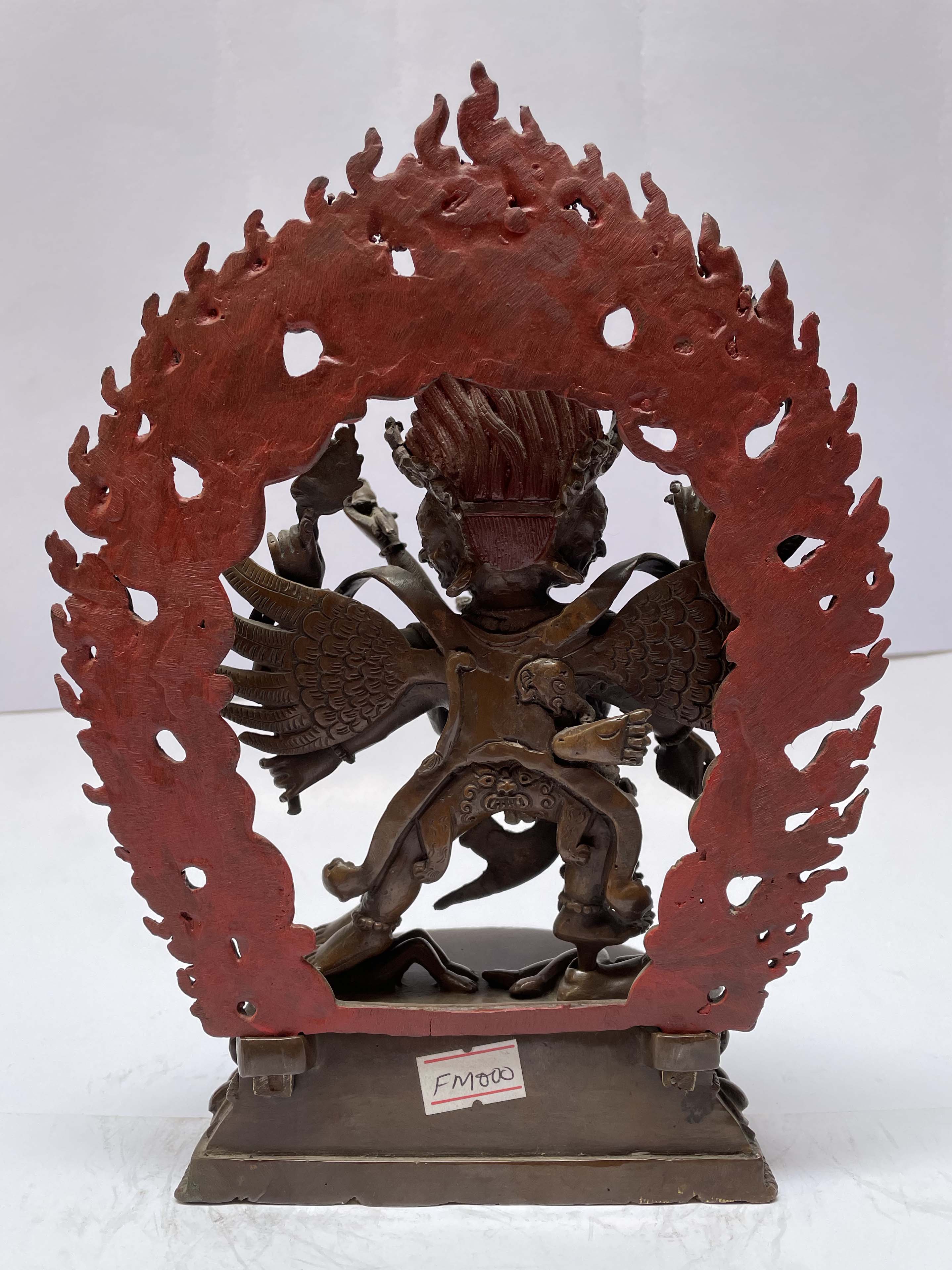 of Vajrakilaya - Dorje Phurba - Heruka,
of Vajrakilaya - Dorje Phurba - Heruka, 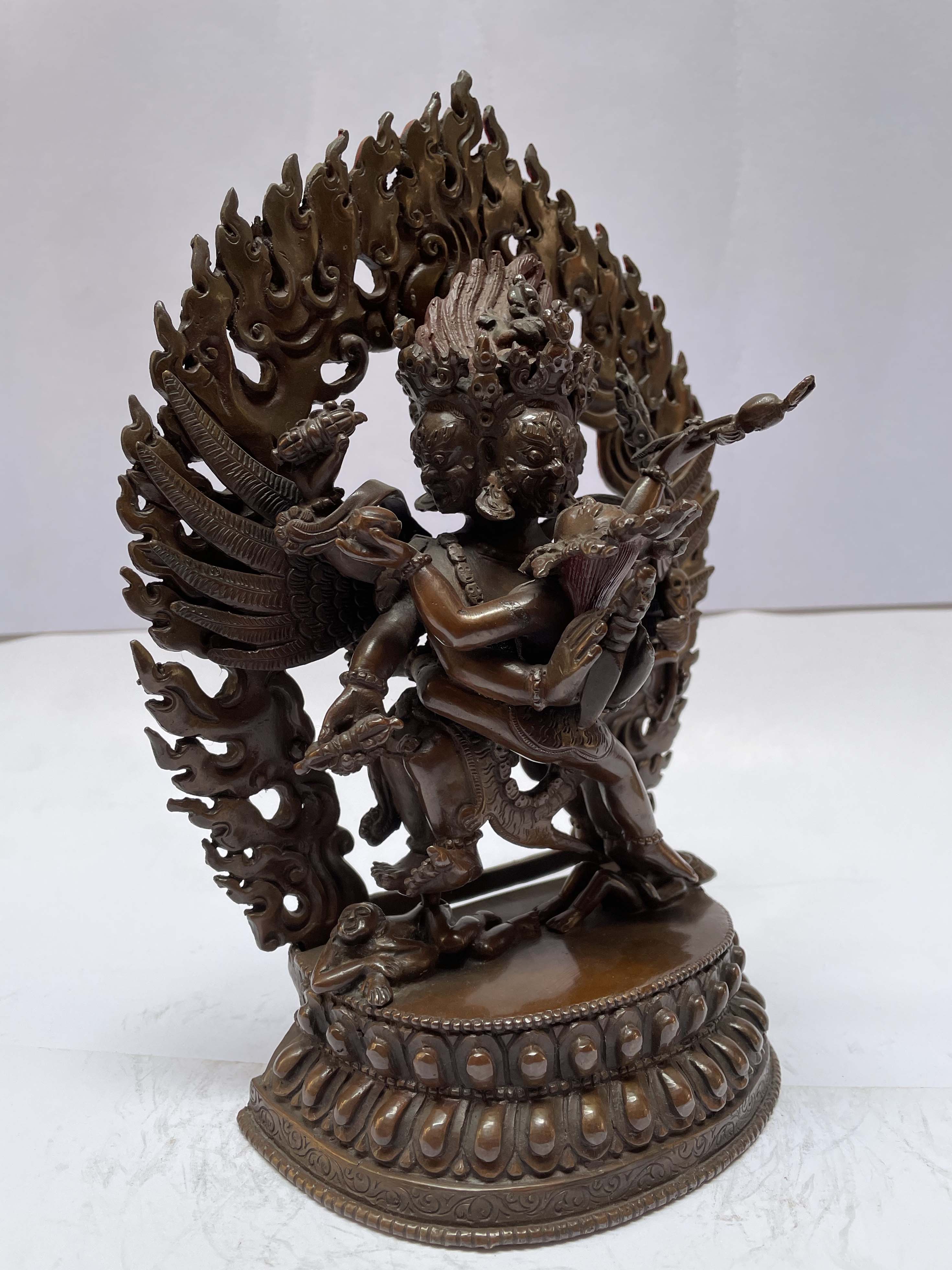 of Vajrakilaya - Dorje Phurba - Heruka,
of Vajrakilaya - Dorje Phurba - Heruka, 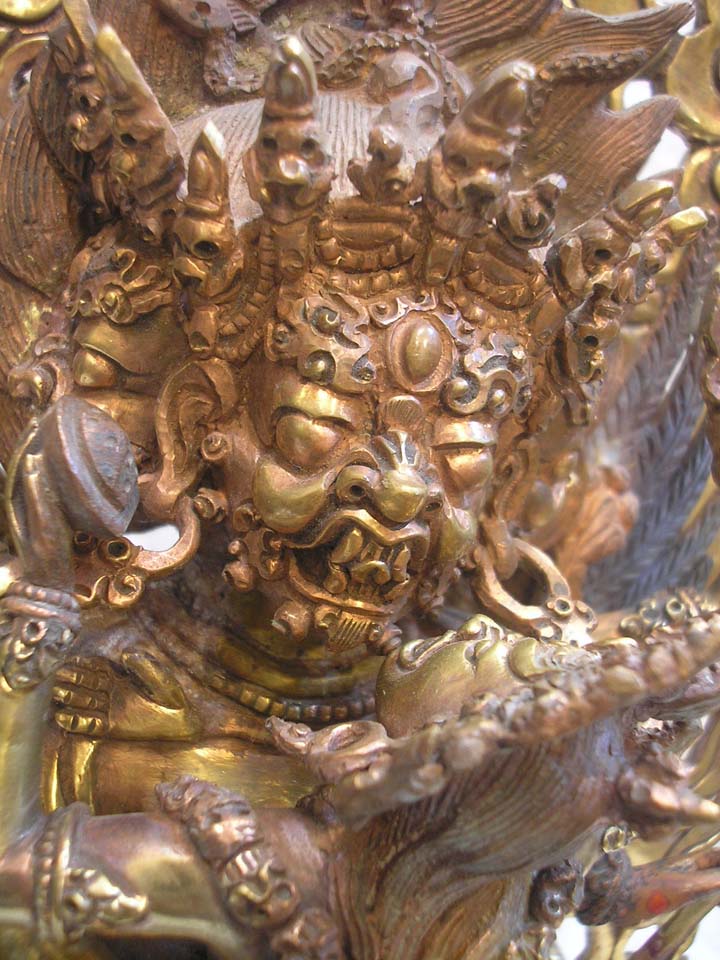 Sold" title="Vajrakilaya - Dorje Phurba - Heruka,
Sold" title="Vajrakilaya - Dorje Phurba - Heruka, 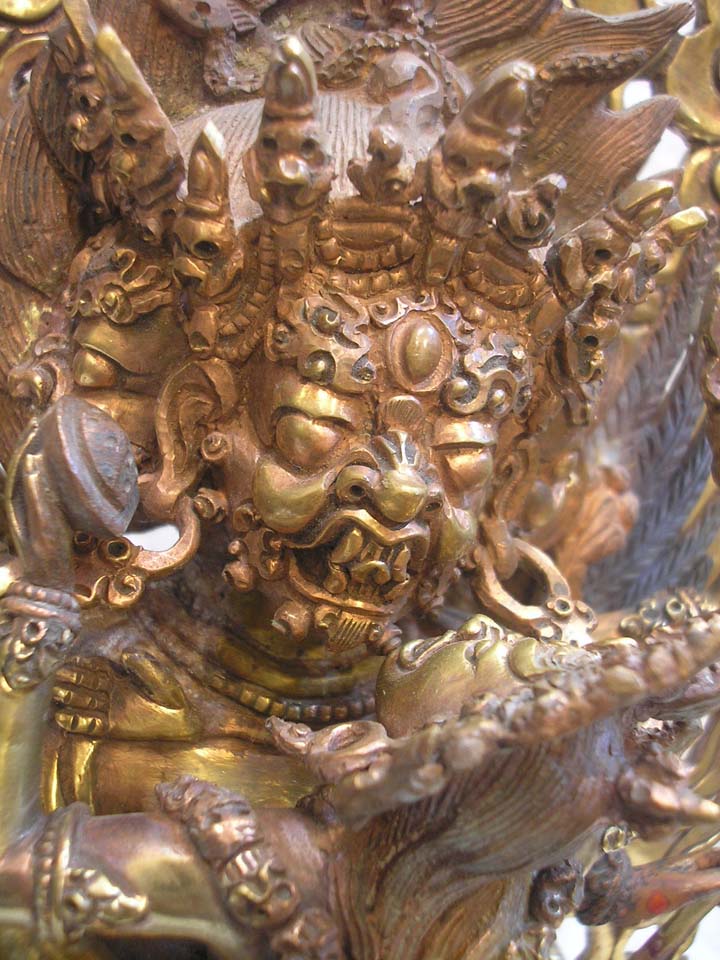 Sold" title="Vajrakilaya - Dorje Phurba - Heruka,
Sold" title="Vajrakilaya - Dorje Phurba - Heruka,  Old Post,
Old Post, 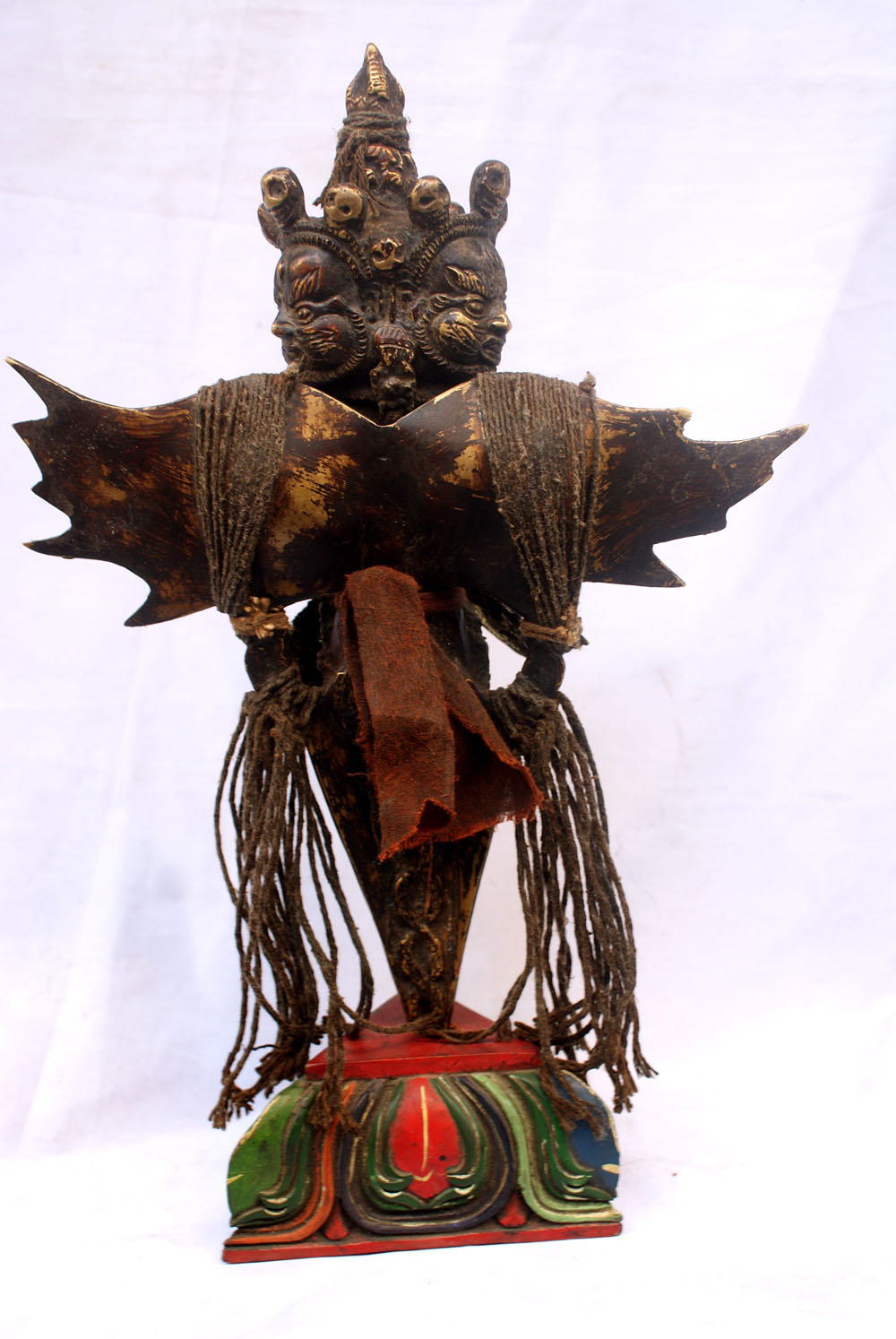
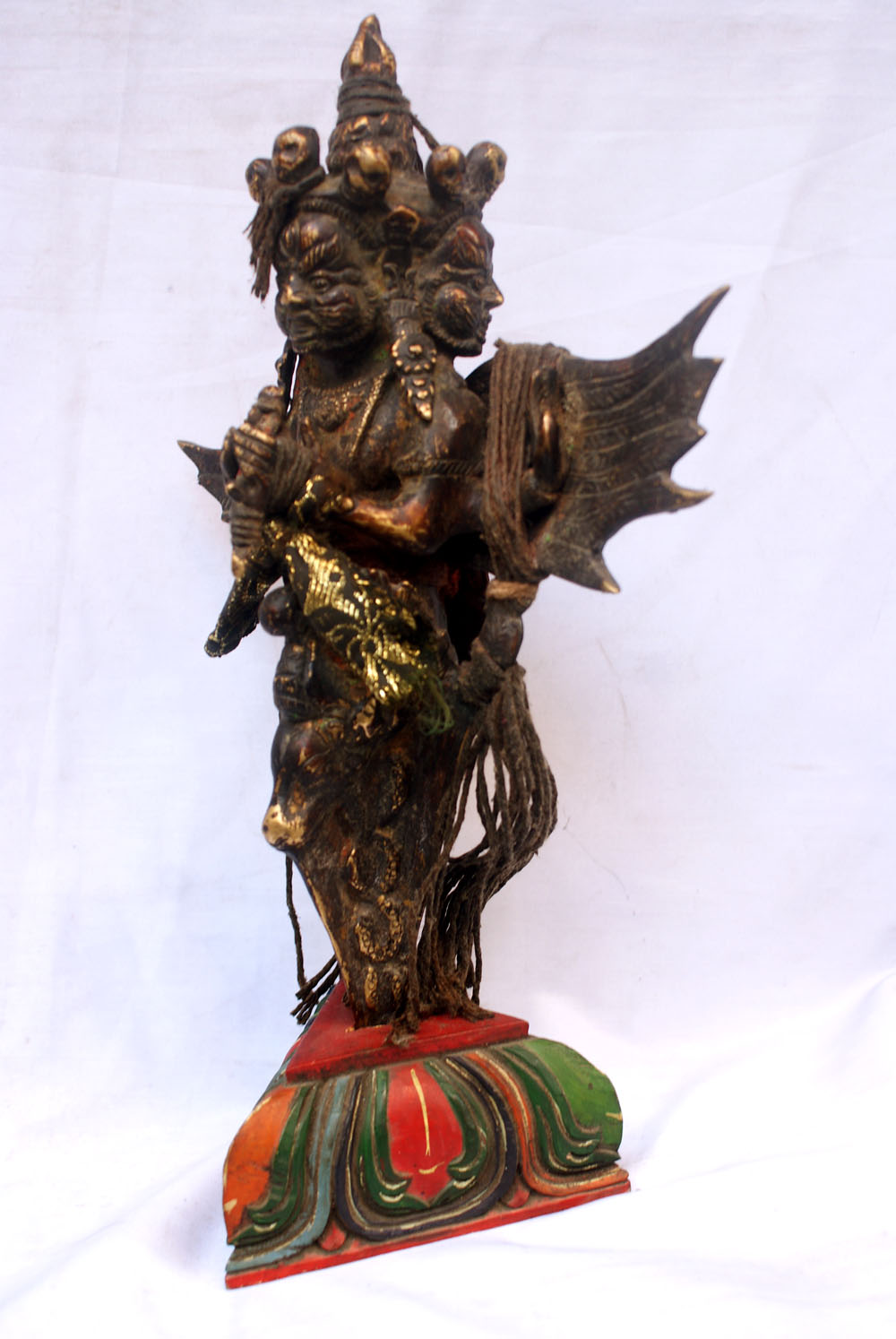
 Old Post,
Old Post, 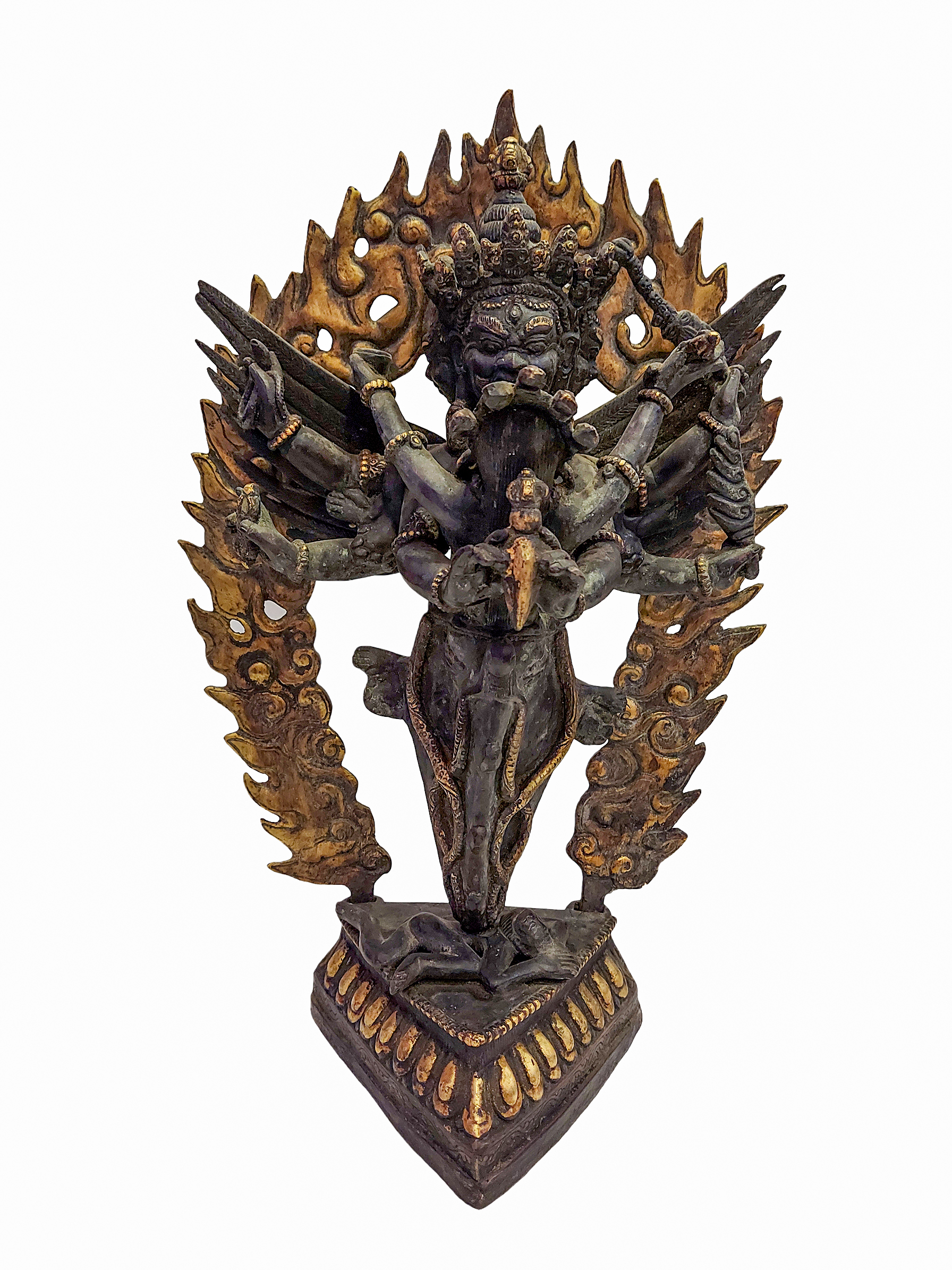 of Vajrakilaya - Dorje Phurba,
of Vajrakilaya - Dorje Phurba, 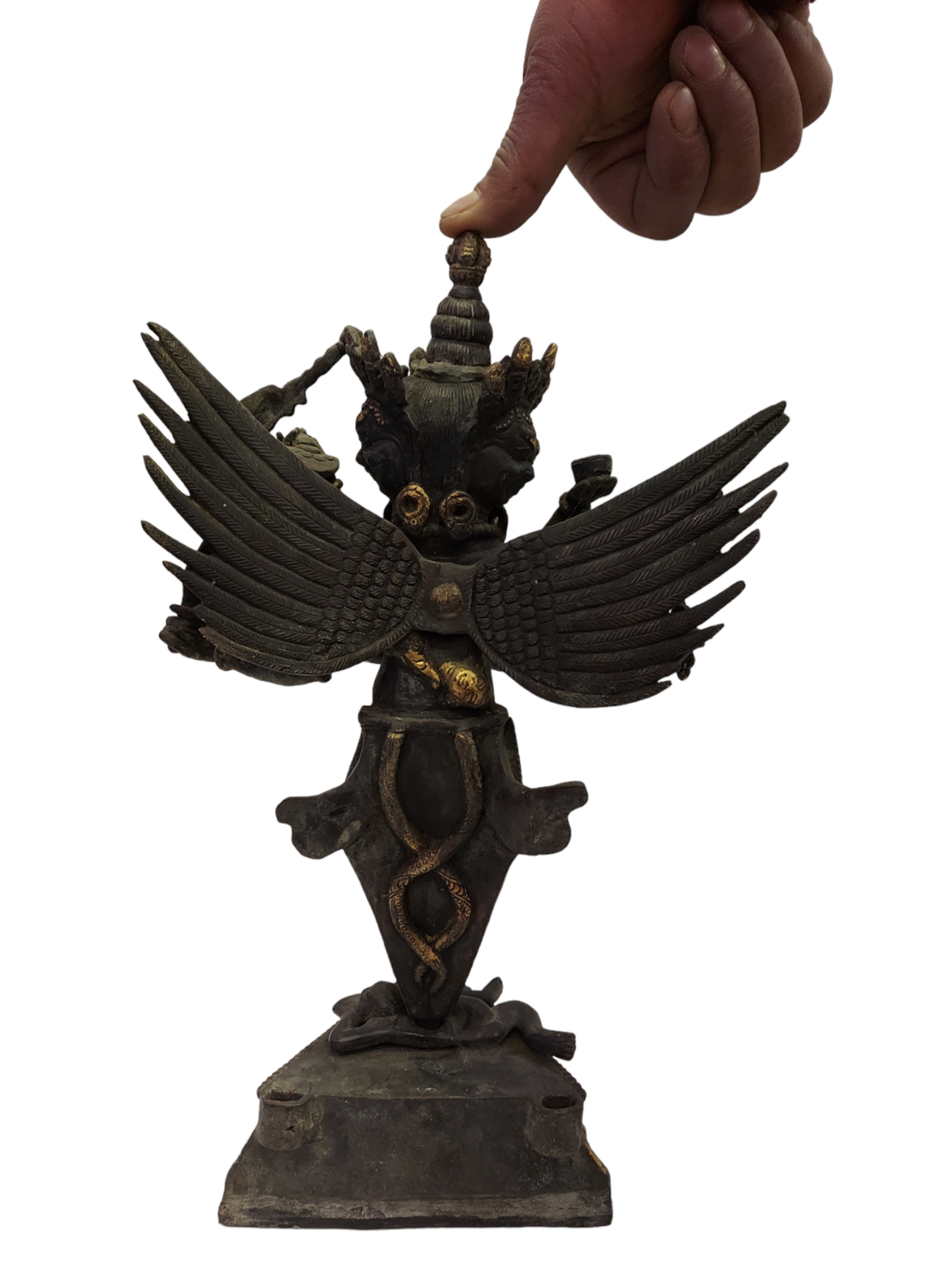 of Vajrakilaya - Dorje Phurba,
of Vajrakilaya - Dorje Phurba,  Old Post,
Old Post,  Old Post,
Old Post,  Old Post,
Old Post,  Old Post,
Old Post, 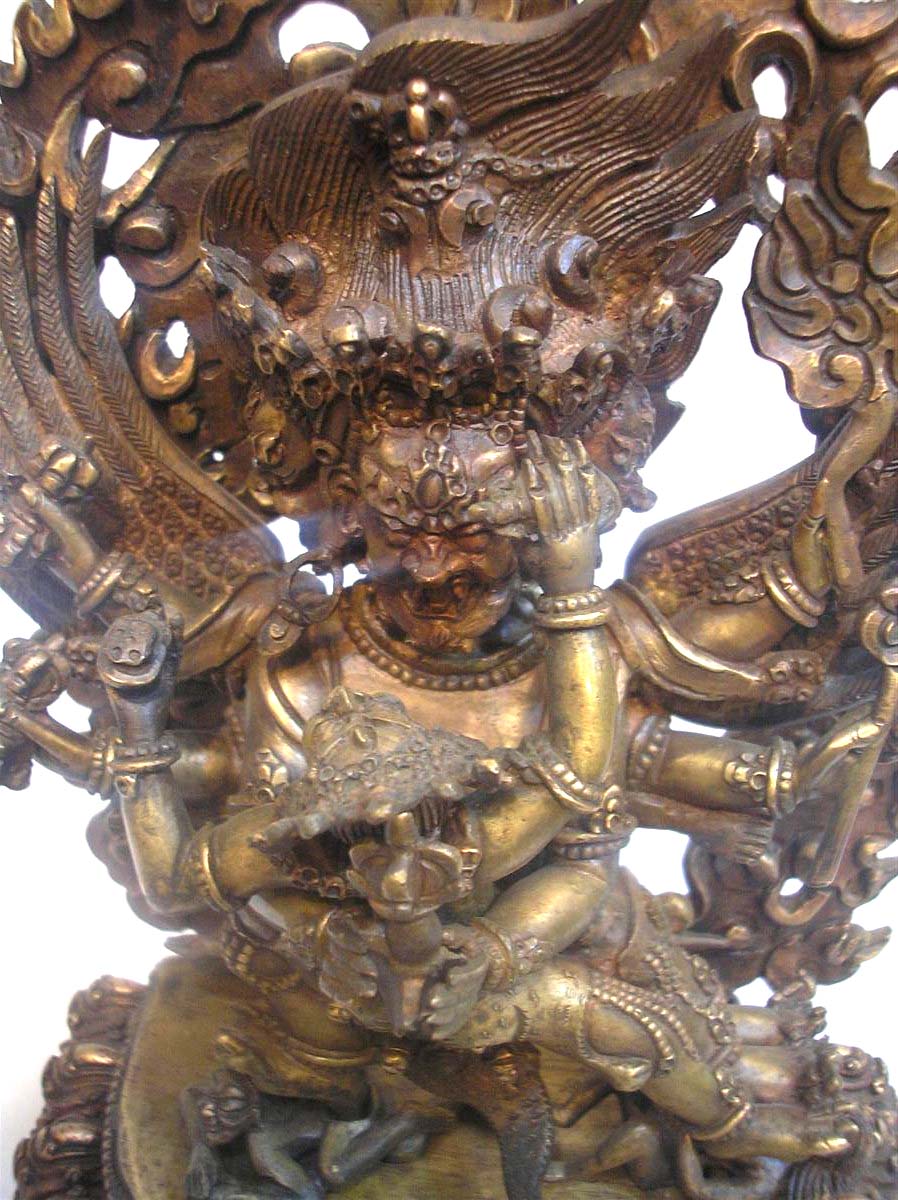 Old Post,
Old Post,  of Vajrakilaya - Dorje Phurba - Heruka,
of Vajrakilaya - Dorje Phurba - Heruka,  of Vajrakilaya - Dorje Phurba - Heruka,
of Vajrakilaya - Dorje Phurba - Heruka,